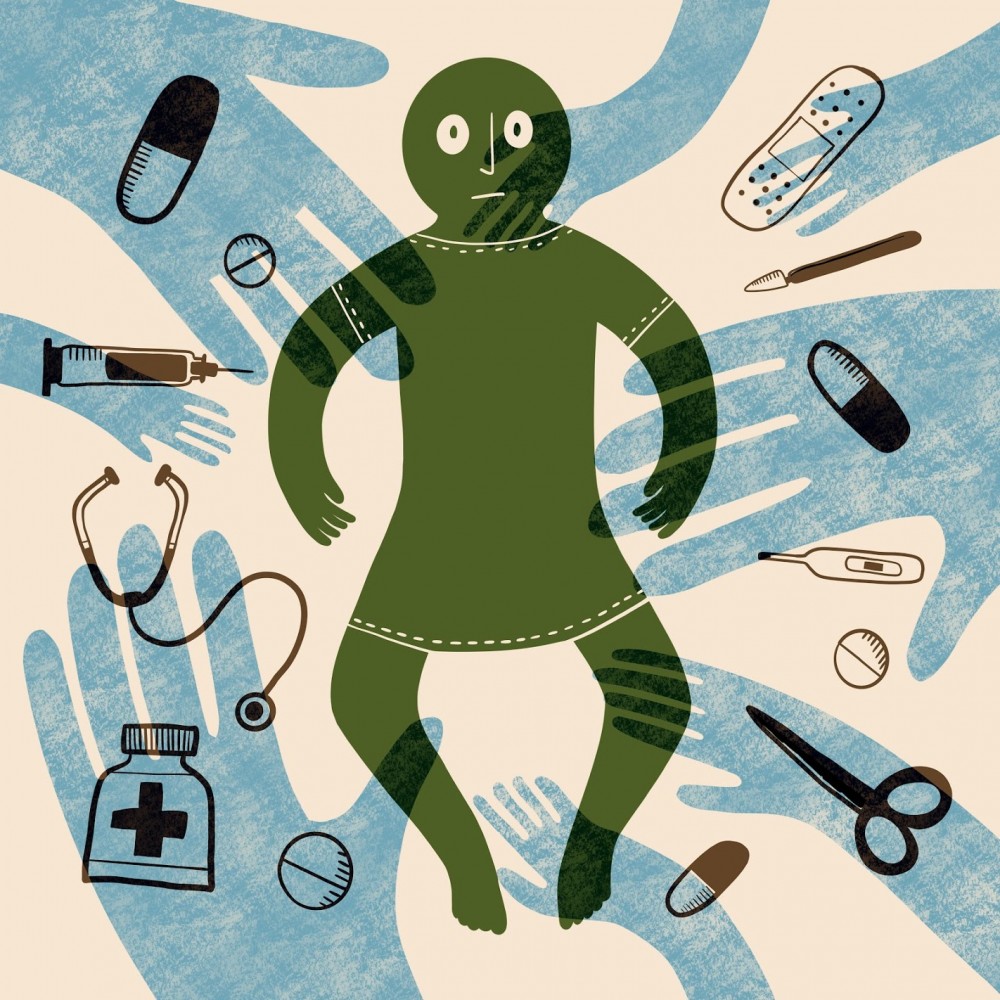In 2008, Erica Barnes welcomed a new member of the family. Fourteen months into her daughter Chloe’s life, Barnes started to notice she had some neurological abnormalities. She was reassured by the pediatrician that everything was fine, but after a year the signs persisted.
Chloe had a very rare, aggressive neurological disease with limited treatment options. Despite treatment at the Mayo Clinic, she died after complications from a bone marrow transplant.
“It felt like an afterthought in the healthcare system,” Barnes said of her daughter’s disease. “We thought maybe it was just an anomaly with our disease, then we realized there are 7,000 rare diseases.”
Rare diseases are affecting an estimated 25 to 30 million Americans, according to the National Institutes of Health. Because only a few types of rare diseases are tracked when someone is diagnosed, the exact number of rare diseases or how many people they affect is difficult to know. For most rare diseases there is still no treatment, according to the NIH.
A rare disease advisory council, the result of lobbying at the state capitol and named in honor of Barnes’ daughter, has been set up to better understand these diseases and their impact in Minnesota. Established by the University of Minnesota at the direction of the legislature, the Chloe Barnes Advisory Council on Rare Diseases consists of professionals across the healthcare world including doctors, nurses, hospital administrators, researchers and people who have a rare disease themselves. The council is expected to have its first meeting before Oct. 1.
Karl Nelsen has ectodermal dysplasia, a disorder where the skin, hair, nails, teeth, sweat glands or mucous membranes develop abnormally. He said serving on the council is more for his daughter, who also has the disease, than it is for himself.
“It’s the sense of urgency of I need to find answers,” Nelsen said. “I’m hoping this is a think tank where we can bounce ideas off each other or issues off each other and get at least a first approach or strategy toward getting answers faster.”
Nelsen said he is excited to see how the discussions they have can translate into legislative recommendations and actual research that could improve outcomes for patients. “We don’t want to have just meetings, we want to have results,” he said.
Apart from an administrative position, the members of the council are not being financially compensated. Paul Orchard, a researcher in the University’s Department of Pediatrics who focuses on rare disease research, said he is donating his time on the council because not enough is currently being done for people with these diseases.
“We don’t really understand the scope of these diseases, we don’t understand what the financial implication is to the state,” Orchard said. “To better understand what the issues are, is going to put us in a better position to help these families.”
Orchard said the council’s work could potentially expand outside Minnesota if they partner with a handful of similar councils in other states to pool resources and data. The willingness of people at the legislative level to take on these problems is encouraging, Orchard said.
Regent Richard Beeson, whose grandson was diagnosed with a rare disease as a 1-year-old, said that experience opened his eyes to the need to study these diseases. He said the council could lead to research avenues for the University.
Barnes said she hopes the council can help patients and families get access to a timely diagnosis, find some form of treatment for the disease and connect with physicians that can provide a care model.
“I think the main thing that we want to know as a patient, what I wanted to know as a mom, is that I am not an afterthought,” Barnes said. “I want to know that somebody is problem solving.”
















